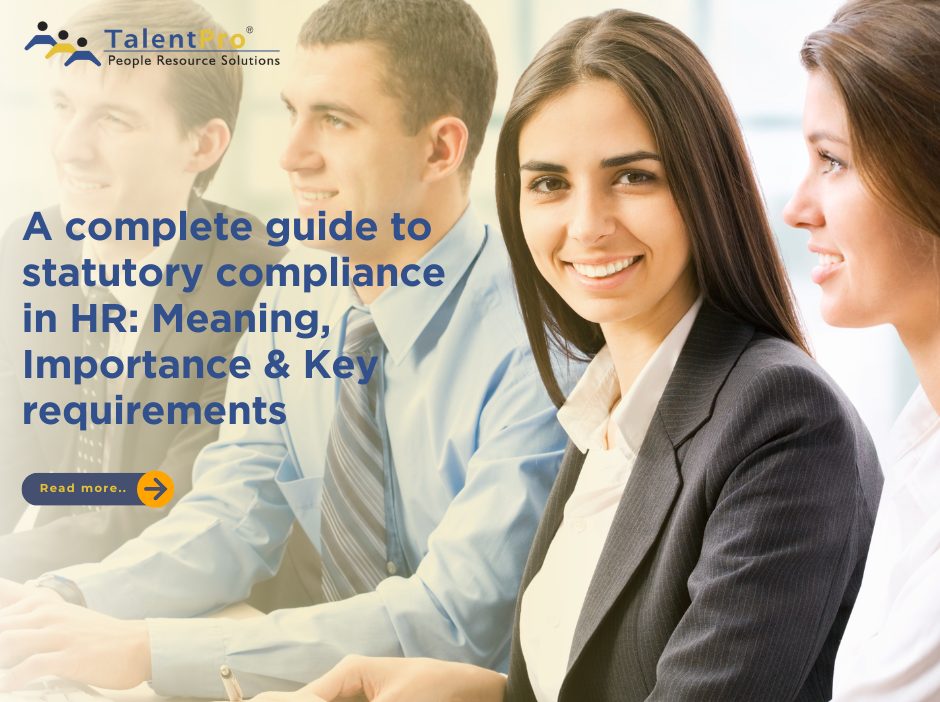Special economic zone (SEZs) are a direct consequence of the phenomenon of foreign direct investment (FDI). In simpler terms, SEZs are geographical areas within a country that have different laws and systems than other geographic regions. These zones are designated for trade and business and the overall economic development of surrounding areas. Some of the earliest, most successful SEZs are in China, with the most successful one in Shenzhen province. They have been operational since the 1980s.
SEZs in India
India set up an export processing zone (EPZ), one of the first of its kind in Kandla, 1965. While the initiative had potential inefficient governance was the reason it fell short. However, thanks to the resurgence of the Indian economy in the 1990s, plans were made to sustain it and propel it into the future.
In this regard, the special economic zones act, 2005, was passed and became effective on February 10, 2006. The act delineated the key role for state governments in the creation of infrastructure for these zones as well as how they could aid in export promotion.
At present, there are 8 SEZs in Maharashtra, Kerala, Gujarat, Tamil Nadu, Andhra Pradesh, West Bengal, and Noida.
Read more : (Labour Law Compliance Checklist 2026)
Key Features of the SEZ act, 2005
- Governance: The act provides a comprehensive outline of regulations. This satisfies all parties involved in the initiative. All SEZs currently fall under the Department of Commerce.
- A single window clearance mechanism is usually established by the central government to ensure the smooth flowing of processes within the SEZ. However, proposals from the state governments and private investors must be vetted by the SEZ board.
- Incentives and Infrastructure: These are key aspects to any SEZ and include various aspects such as tax and customs exemption, free trade zones, warehouses, and so on.
Labour Commissioners in SEZs
The development commissioner is the authority within a given zone. In most cases, they are also designated Labour Commissioners.
According to a press release by the Government of India, all laws concerning labour welfare in special economic zones were still applicable. Workers are always protected by the SEZ act, 2005. In many cases, the labour commissioner is usually the development commissioner of a zone. The Labour Law compliance applicable to SEZs are those that are enacted by the government of India. This includes Labour Law compliance that are enacted by and specific to state governments as well.
This indicates that the development commissioner is responsible for the well-being of all the workers within the zone.
When hiring contract workers or indeed permanent ones, the zonal commissioner is required to submit the same documents as any manager to the local and state governing bodies such as:
- The number of labourers employed in the concern and a copy of the registration under the respective state government
- Copy of the CLRA license in the case of contract workers
- Copies of ESIC and PF registration.
Read more : (List of enactments in indan labour law)
Major Labour Compliance in SEZs
As SEZs are to adhere to government regulations to protect worker interests, the major laws still apply, such as:
- Payment of workmen act, 1923
- Payment of wages act, 1936 and minimum wages act, 1948
- Payment of Bonus act, 1965
- ESI act, 1948
- CLRA, 1970
Hire and fire in SEZshowever is now becoming common, making labour policies more flexible in SEZs. While SEZs are an amazing source of revenue and investment to the country, policies are becoming more lenient in terms of hiring and welfare, and more must be done to protect worker interests in these zones.











